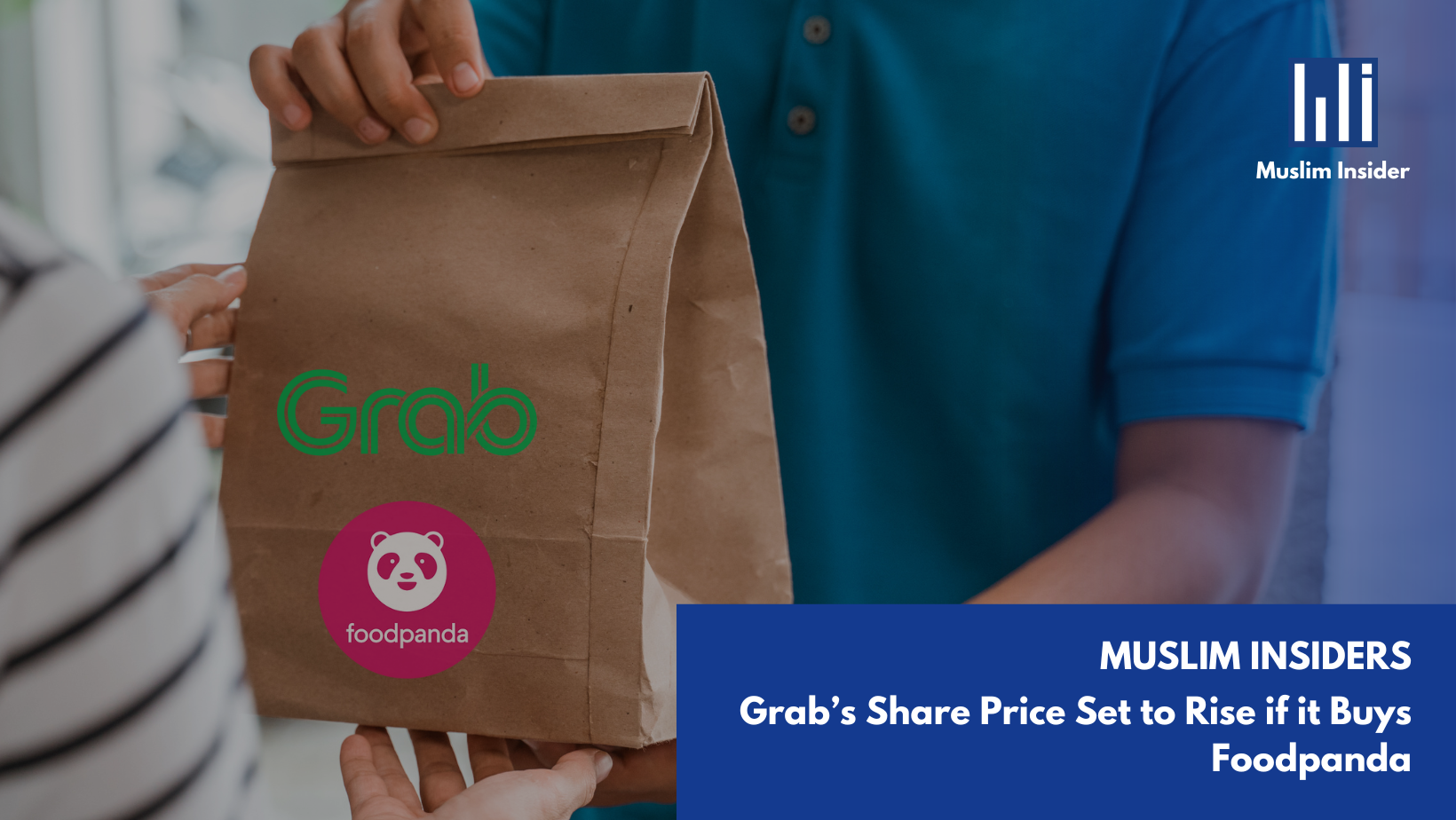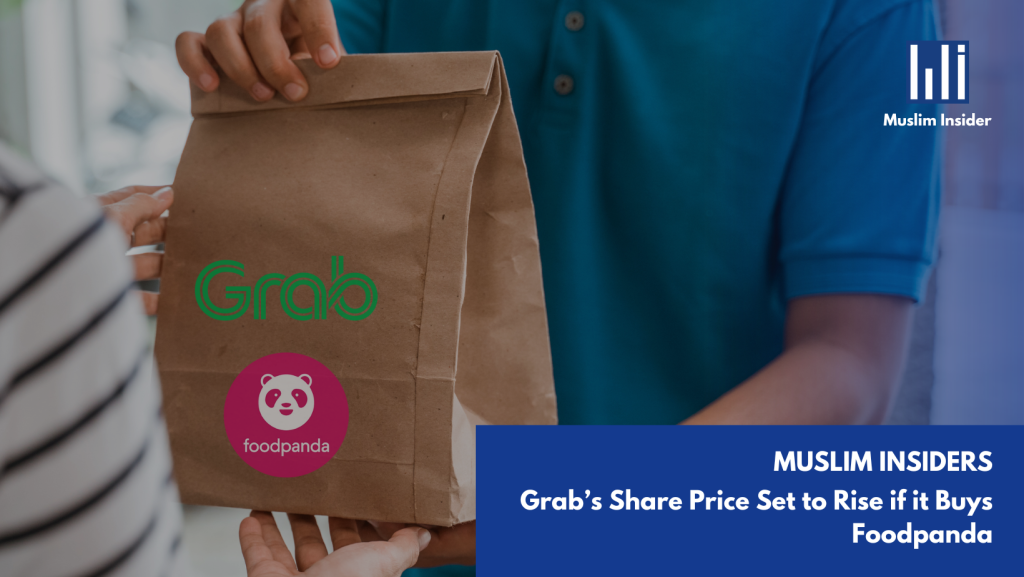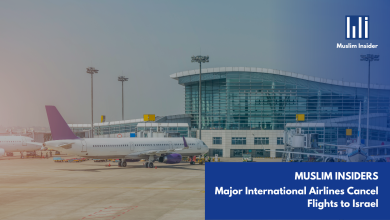

Singapore-based Grab Holdings could gain a larger share with the potential acquisition of its rival Foodpanda in Southeast Asia. Gaining a larger share could boost Grab’s revenue and boost their presence in the regional online food delivery market when the company is currently under pressure to gain profits from its services.
Since Grab’s Nasdaq stock exchange debut on December 2, 2021, Grab’s shares have faced challenges, losing 72% of their value and currently trading at US$3.43 per share. However, with last Wednesday’s announcement from Delivery Hero, owner of Foodpanda, who confirmed plans to sell Foodpanda in multiple markets (Singapore, Cambodia, Laos, Malaysia, Myanmar, the Philippines and Thailand), Grab sees this as an opportunity.
Delivery Hero, a Frankfurt-listed online food giant, aims to prioritize profitability this year and potentially withdraw from markets where it isn’t the leading player. Reports from German media named Grab as a potential buyer, meaning that they are eyeing this opportunity, with the deal estimated to be worth just over $1 billion.
Analysts from HSBC noted that Grab would be paying from 1 to 1.1 times Foodpanda’s 2022 sales revenue in the markets mentioned for the business. Grab could be acquiring Foodpanda at a lower valuation compared to its current market valuation, a favorable situation for the company. Additionally, consolidation in the online food delivery industry could eliminate competitors in Grab’s key markets, leading to high profit margins driven by cost synergies, lower incentives and reduced customer acquisition costs, said the analysts.
According to data from Measurable AI, Foodpanda currently holds a 35% market share in the food delivery platform market in Singapore, while Grab leads with 56%, implying a dominant 91% share of the local market. In Thailand, Foodpanda is the third-largest food delivery company behind Grab and Line Man Wongnai, with a combined market share of 75%, according to DBS Group Research.
Grab is expected to strengthen its position in the mobility market in Singapore and Indonesia, where rival company Goto is shifting its focus from growth to profitability. Goto, which operates the Gojek ride-hailing app in these markets, has reduced spending on driver and passenger incentives in a bid to boost profitability.
In Singapore, Gojek’s fares are 20% to 30% higher despite having a smaller fleet of cars and offering fewer features, such as options for shared taxis and child-, cyclist- or pet-friendly rides, compared to Grab, indicating potential for Grab to capture a larger market share in the region.—The Straits Times/ANN





